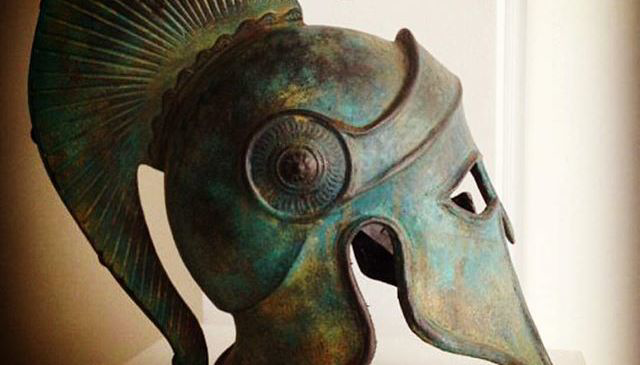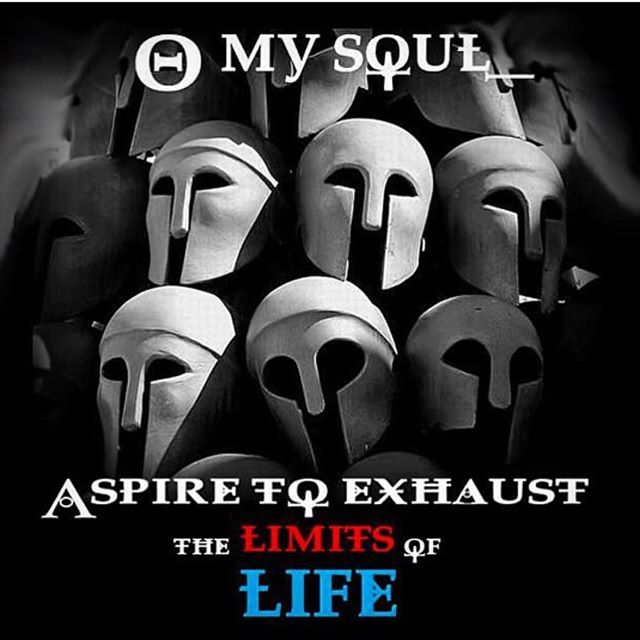In his book The Epigraphy of Death: Studies in the History and Society of Greece and Rome the writer G.J. Oliver tells us that, “Spartan burial customs denied the erection of private grave memorials to all men except those who had died in war and those women who had perished in childbirth”.
In the book Property and Wealth in Classical Sparta by Stephen Hodkinson we are told that near the Aegean and eastern mainland of Greece that funeral rites were fuller and more evidenced, however in the regions of Sparta there were no marked funerary monuments with inscribed epitaphs. Decorated amphoras were perhaps an egalitarian touch and not suitable for the draconian temperament of Spartan men.
Some times markers were used to mark Spartan graves and some bodies were brought back to Sparta but in most cases no headstone let passersby know who they were or where they lie.
The Spartans wrapped their dead in a red robe covered in olive leaves and performed intramural burials instead of laying their warriors outside the city boundaries. More often these warriors were buried upon the battlefields where they fell because it was impractical to transport so many back to their city states.
The Spartans were to have no memorials yet consider this profound fact: At the place where Leonidas made his doomed stand against the Persians at Thermopylae (480 BC) the Spartans erected a monument.
Go tell the Spartans, passerby,
That here, obedient to their laws, we lie.
This memorial no doubt has inspired many a man or boy. We still make movies and write books about them, right? Stories about bravery should never stop being told.
The ancient Spartans believed in religion and the gods like the majority of the ancient Greek states. Know this, in ancient Greece the, “continued existence of the dead depended on their constant remembrance by the living. By the time of Plato, however (4th century BCE) the after-life had changed in character so that souls were better rewarded for their pains once they had left the earth; but only in so much as the living kept their memory alive.”
Memory makes us. Keep the memory of others alive. Tell your stories as well and let others remember you too.
*The views and opinions expressed on this website are solely those of the original authors and contributors. These views and opinions do not necessarily represent those of Spotter Up Magazine, the administrative staff, and/or any/all contributors to this site.


